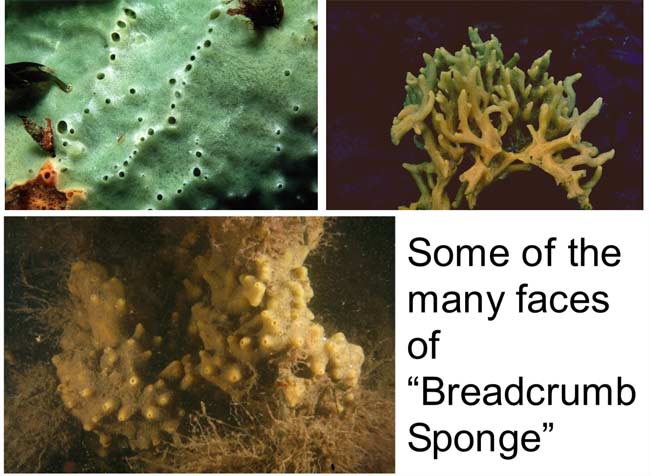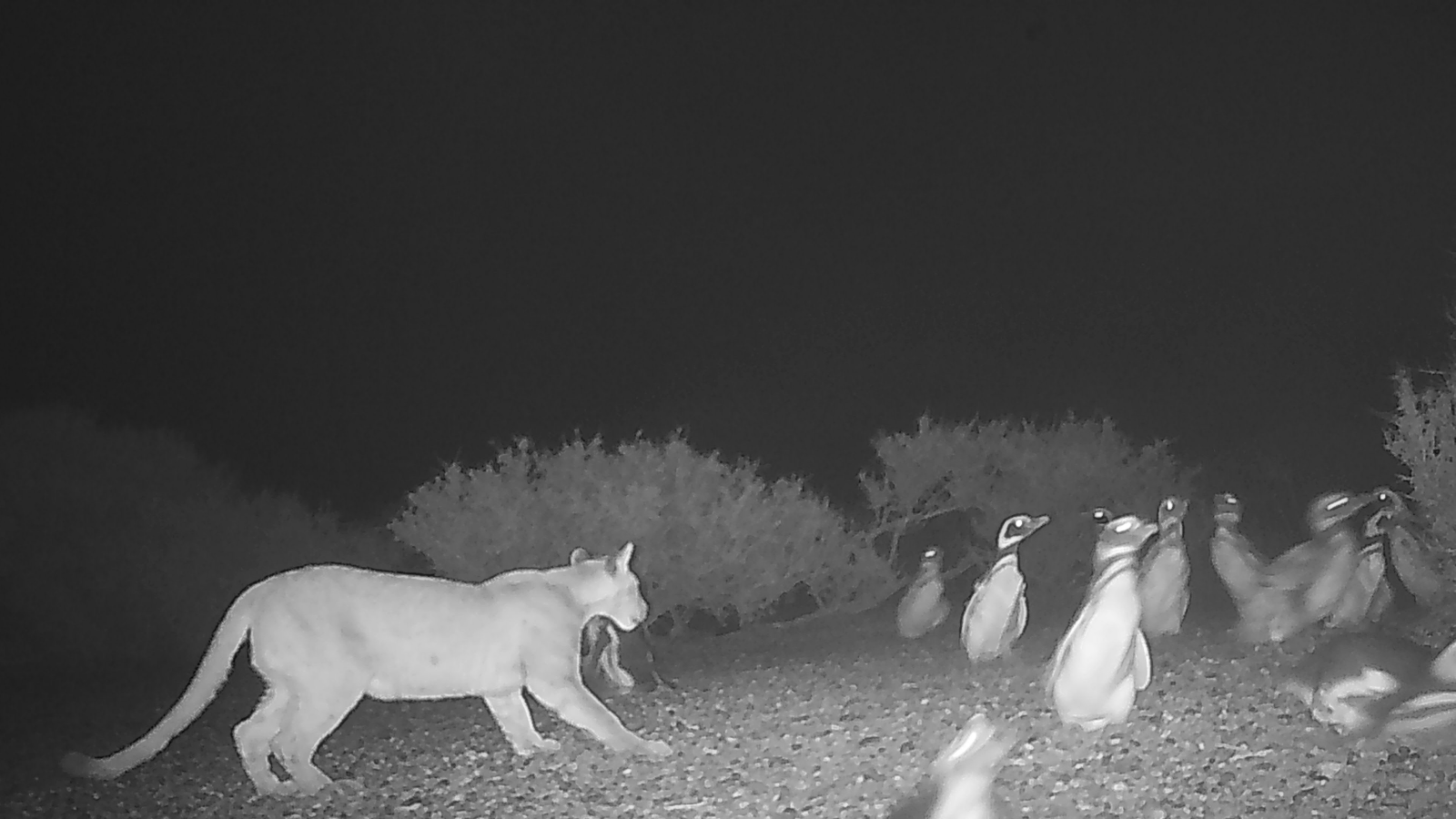Scientists Struggle to Keep Up With Marine Life Discoveries

Scientists figure there are at least 1 million species of marine organisms on Earth.
Of these, only about 230,000 are known to science now, and some of those have more than one name. To keep them all straight, 55 researchers from 17 countries are working on a new list, the ultimate tally of sea creatures great and small.
The list is about half done, the team announced today. So far, the scientists have counted 122,500 species, which puts them about halfway toward completing the inventory of known marine species by their goal of October 2010.
"Describing species without a universal register in place is like setting up a library without an index catalog," said Philippe Bouchet, a scientist at the French National Museum of Natural History who is helping to compile the list.
The World Register of Marine Species (www.marinespecies.org) aims to include all the species we know about, from blue whales to zooplankton, coral to clownfish.
About a third of the names researchers have come across so far have turned out to be aliases and not unique species.
Winning out with the most recorded pseudonyms is the Breadcrumb Sponge, or Halichondria panacea, a species found in floats, pilings, and the undersides of rocks. It smells like exploded gunpowder and takes on many appearances. The sponge has appeared under 56 synonyms in taxonomic literature since its first description in 1766.
Get the world’s most fascinating discoveries delivered straight to your inbox.
The registry is necessary not just for clarity but for ongoing research on the status of biodiversity on Earth, scientists say.
"Convincing warnings about declining fish and other marine species must rest on a valid census," said Mark Costello of the University of Auckland, co-founder of the list. "This project will improve information vital to researchers investigating fisheries, invasive species, threatened species and marine ecosystem functioning, as well as to educators. It will eliminate the misinterpretation of names, confusion over Latin spellings, redundancies and a host of other problems that sow confusion and slow scientific progress."
In the future, as researchers make more and more new discoveries, the list-makers will aim to keep up.
"The fact that every year scientists still find more than 100 new marine fish species in the sea is astonishing," said list data manager Ward Appeltans of the Flanders Marine Institute in Belgium. "While we are looking up to search for life on Mars, there is still so much beauty to discover at our feet."
Hosted by the Flanders Marine Institute, the World Register has received early funding from several sources, including the European Union's MarBEF (Marine Biodiversity and Ecosystem Functioning) research network and PESI (Pan-European Species-Directories Infrastructures) project, European Register of Marine Species, Species2000 Europa, CoML's International Census of Marine Microbes project, Richard Lounsbery Foundation and Global Biodiversity Information Facility.
- Video: Ocean Watch
- Image Gallery: Rich Life Under the Sea
- VOTE NOW: The Ugliest Animals



